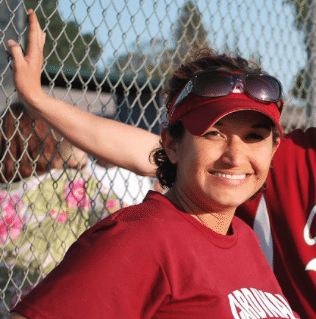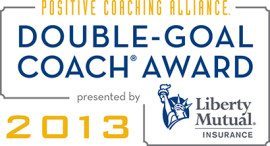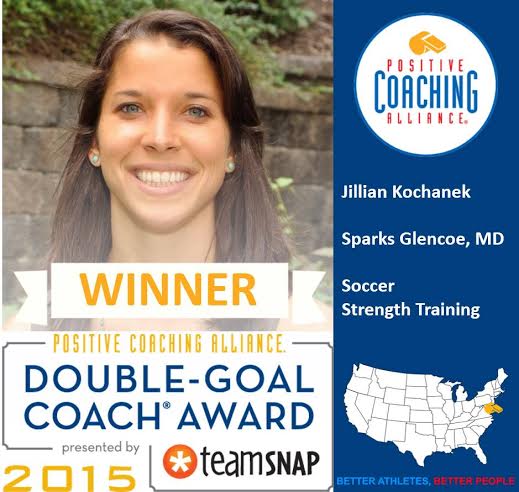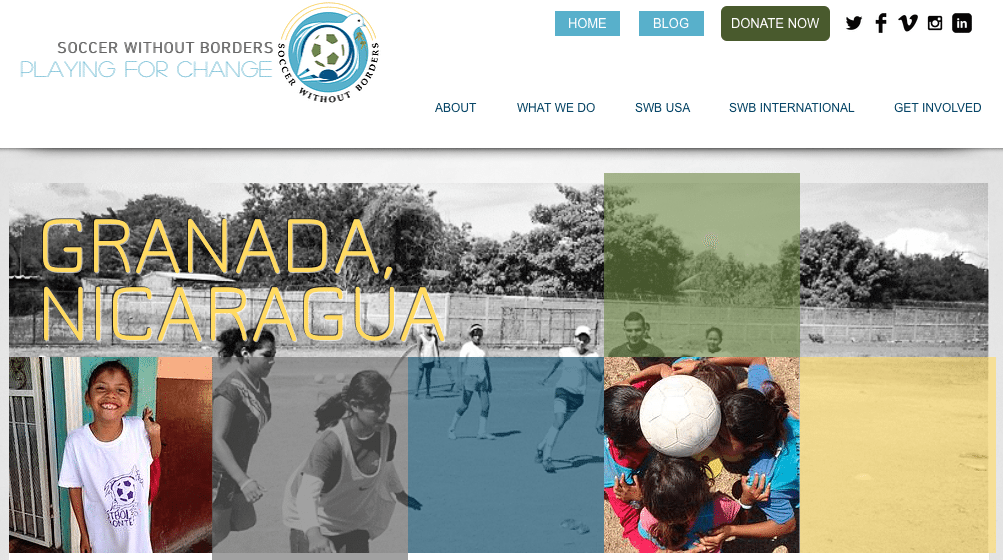October 9, 2015
WYC 058 – Youth Softball – Valeri Garcia talks Growth Mindset and Starting at ground zero


What does it take to be a winning youth coach? Listen in as Valeri Garcia shares stories and discusses her journey to becoming a successful youth sports coach.
Garcia, a Program Advisor at UC Davis’s Student Academic Success Center, has known since about age eight that she wanted to coach. At UC Davis, Garcia conducts workshops based on Mindset, the book by Stanford University Psychology Professor and PCA National Advisory Board Member Carol Dweck, which emphasizes individual growth through effort, rather than reliance upon talent. Valeri was honored with the Positive Coaches Alliance Double-Goal Coach Award in 2013.
Listen Now:
Listen in ITunes: Itunes link
Listen in Stitcher: Stitcher link
Quote
‘Stop trying to coach at a pre-college level – coach them at the level that they are right now.’
Coaching your own kids
- Utilizing the concepts from Carol Dweck’s book ‘Mindset’ has been big help – her girls know she will focus on their effort rather than be critical of their results
- A big compliment is she has had parents who don’t know she has a daughter on the team
My Cringe & ‘Ah-Ha’ Moments
- Valeri wishes she had started teaching the value of pursuing greatness and using their skills to win at a little earlier age – she was focused on effort, which was great, but she says she might have instilled a little more of the competitive part of the game a little earlier for her 12 year-olds
Travel Sports
- Valeri is struggling with what to do with her daughter who is becoming good enough to play for some higher level travel teams, but Valeri is concerned with the coaching mindset and philosophy on those teams. Common struggle – the most important thing is to do the research and understand the philosophy of the organization and coach before signing up!
Teaching Children & Keeping it Fun
- To encourage aggressiveness – she rewarded them with effort points
- Always start with ground zero: you have to know where your athletes are with regards to knowledge – what do they know and what do they not know. You have to meet them where they are.
- HUGE IDEA #1: Great way to make sure you are teaching at their level: Try to teach one your assistant coaches to do a skill with their off hand: i.e. If they are right-handed try to teach them to throw left-handed. This forces you to break down the skill into it’s most elemental pieces. Then add in variables a little bit at a time.
HUGE IDEA #2: FUN GAMES THAT TEACH SKILLS:
- 1 – Last player standing – player bats with 2 strikes – if they hit it fair they keep going. If you strike-out you go play defense. Then you add complexity – they have to hit it to the grass, etc. Great game to teach the girls to play in pressure situations.
- 2 – Throwing accuracy – Kids weren’t hitting their targets when throwing – so she put a ball on a cone at 1st base and they took turns throwing from shortstop trying to hit the ball on the cone. Then she said first one to hit she would give $1.
Self-Confidence and teaching kids to achieve peak performance
- Positive Coaching Alliance: ELM tree – Effort, Learning, Mistakes
- Brush-off routines: One effective way to help kids brush off mistakes is for teammates to pick each other up: ‘I’m ready, are you ready?’
Connecting with and Impacting Kids
- Valeri sometimes gives homework assignments – involving things like John Wooden’s pyramid of success
- Transferrable skills – Valeri understands and teaches the importance of teaching kids that being on this team will teach as much about life as it will about sports
The One that Got Away
- Any game where the team does not play up to their potential
- They had one game where they had the chance to beat a team that was much better than them, and it slipped away. She wishes she had told them more – during the game – of how proud she was of them.
Parting Advice
3 questions to ask yourself at the end of the season:
- Did they learn something?
- Did they have fun?
- Do they want to come back?
‘Stop trying to coach at a pre-college level – coach them at the level that they are right now.’


